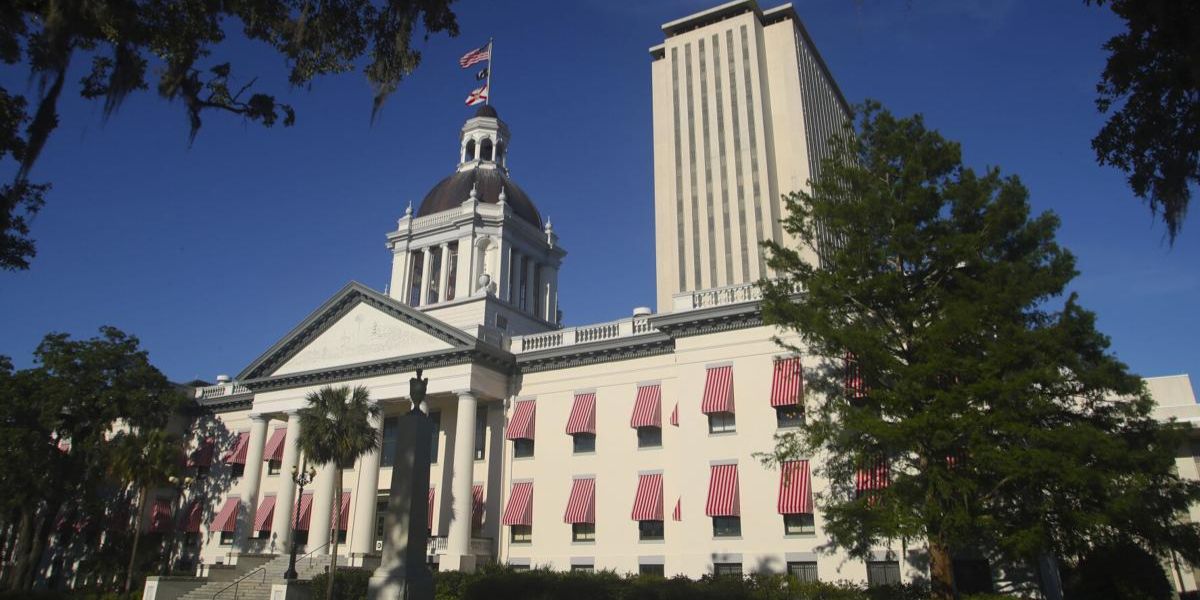It is a trend that reflects growing workplace perks and the financial challenges that millions of American workers are facing that some employers are allowing their employees to trade unused paid time off (PTO) for cash to pay off student loans.
The number of federal student loans held by Americans exceeds 40 million, and it is estimated that more than ten percent of them are currently in default.
The repayment of federal student loans has resulted in an increase in the number of borrowers who have defaulted on their loans, as well as a decrease in their credit scores.
In the absence of any action by Congress or involvement from regulatory agencies, the Department of Education (ED) reports that millions of borrowers run the possibility of having their wages garnished.
There are some businesses that are proposing innovative solutions to help lessen the load of loan payments as borrowers restart payments following the end of the pandemic-era hiatus.
One of these ways is by allowing workers to convert unused vacation time into money that can be used for loan payments.
According to a story that was published by Fortune on Friday, businesses such as Goldman Sachs Ayco, which is a brand of wealth services offered by Goldman Sachs, have witnessed an increase in the amount of interest in PTO exchange programs.
The percentage of their more than 400 corporate partners that now permit employees to convert paid time off into payments for items like 401(k) contributions or student loan debt goes up from 21 percent in 2021 to over a quarter of their current partners.
PTO cash-outs are becoming increasingly popular, according to Maegan Wells, vice president and corporate benefit specialist at Goldman Sachs Ayco. She explained that this trend is part of a larger movement towards workplace flexibility.
“The overall trend we’re seeing now in the benefit and compensation space is finding flexibility and that includes how employees use their PTO,” Wells explained to reporters.
According to Jonathan Barber, who is the head of pay and benefits policy research at Goldman Sachs Ayco, these programs are difficult to operate, despite the fact that they have the potential to be cost-effective. This is because paid time off is already a planned expense for the organisation.
In locations like California, where vacation time must be carried over and cannot be converted arbitrarily, compliance with state rules is a significant obstacle that must be overcome.
With the possibility of salary garnishment and credit harm looming, an increasing number of debtors may resort to options that are backed by their employers for financial assistance. On the other hand, not everyone is a supporter of practice.
“The pitch sounds good but in practice, it pressures employees to give up rest and recovery for the illusion of financial progress. PTO isn’t a perk—it’s essential for mental health and burnout prevention,” Driscoll stated. “When companies make workers choose between paying down debt or taking time off, they’re exploiting financial desperation.”
Read Also: Dozens of International Students in Colorado Colleges Have Visas Revoked
It is possible that the conversion of paid time off into payments on student loans will become a typical perk, especially as legal and logistical frameworks become more defined.
This is because human resources departments are looking for competitive advantages to retain talent.
“The worthiness of this hinges on how much their student loan payments are and if foregoing PTO is a smart decision from a personal standpoint,” Beene continued. “Still, it’s a fascinating development in the tackling of multiple professional problems.”



